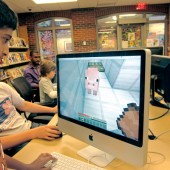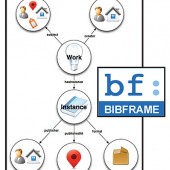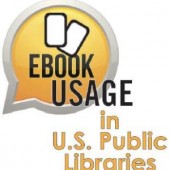
Even at large libraries that have staff dedicated to digitization projects, the additional effort needed to enable researchers to extract data from these collections—such as transcribing OCR-resistant text, or adding item-level tags to large collections of images—would be an untenable chore for a library to take on alone. So, in the past half decade, libraries have taken cues from long-running projects, using crowdsourcing as a way not only to outsource work that would be impossible for staff to attempt but also to engage volunteers.







